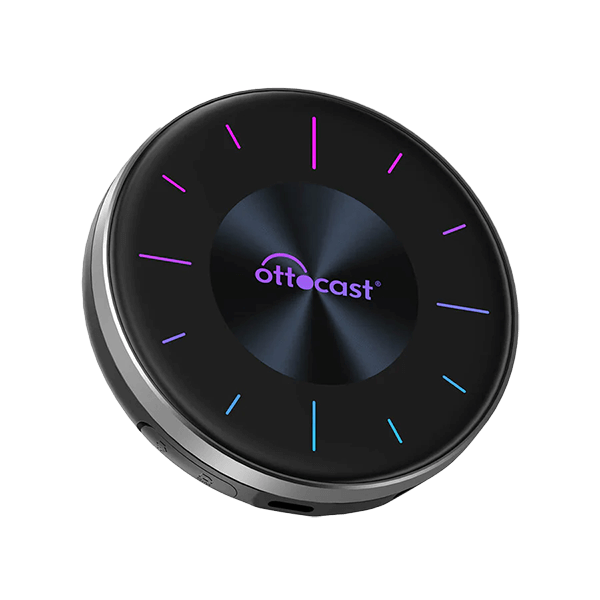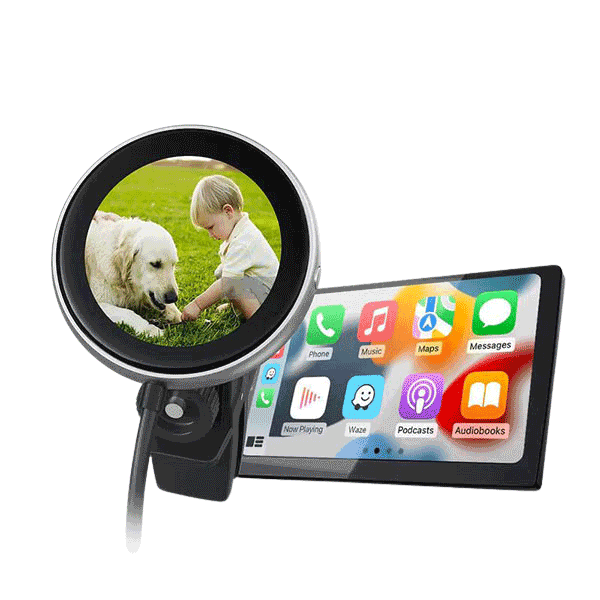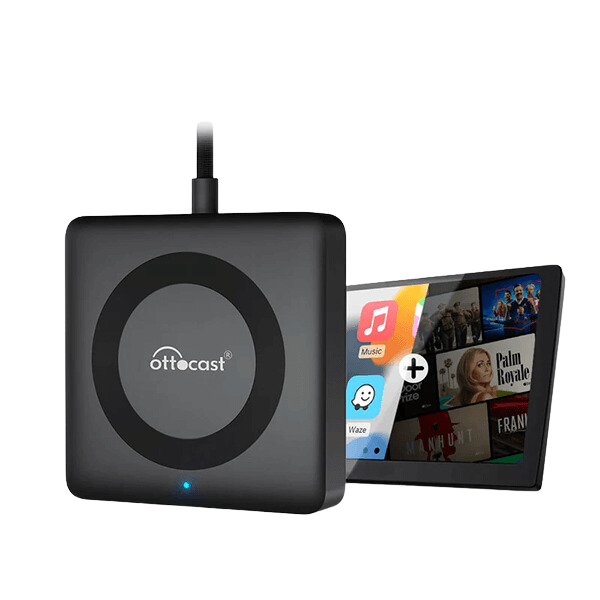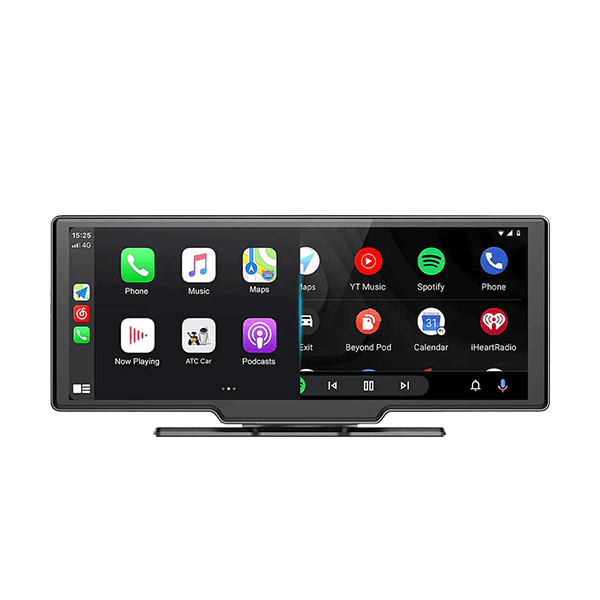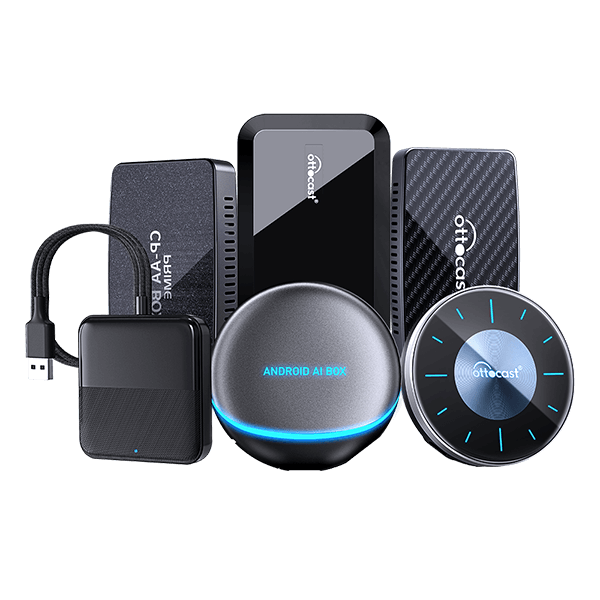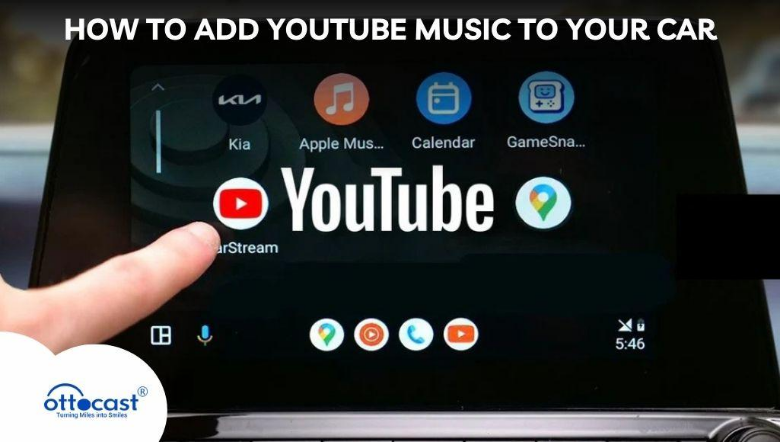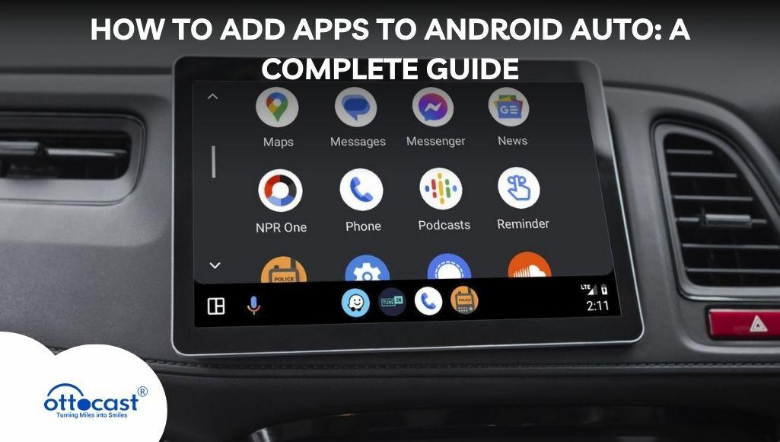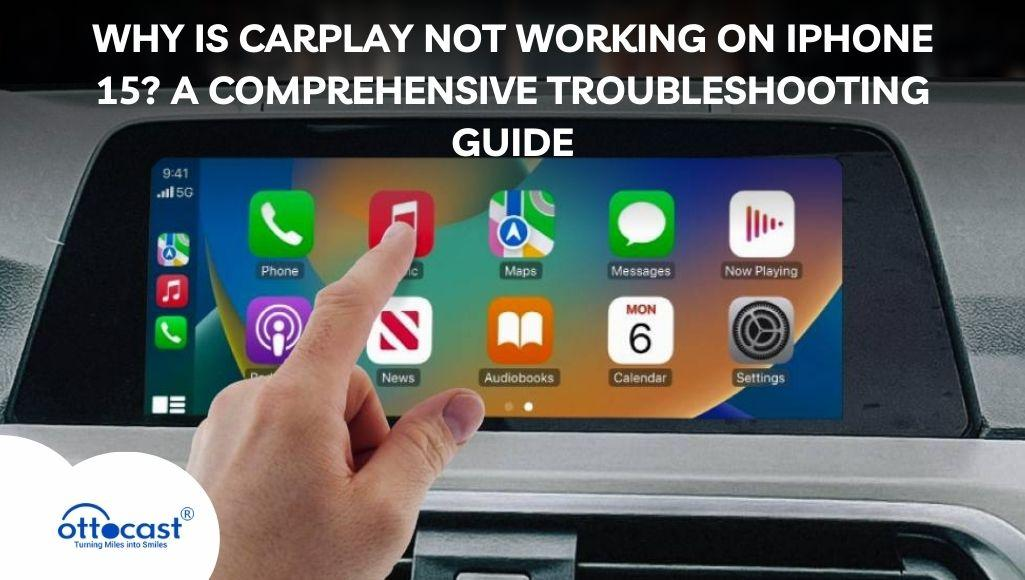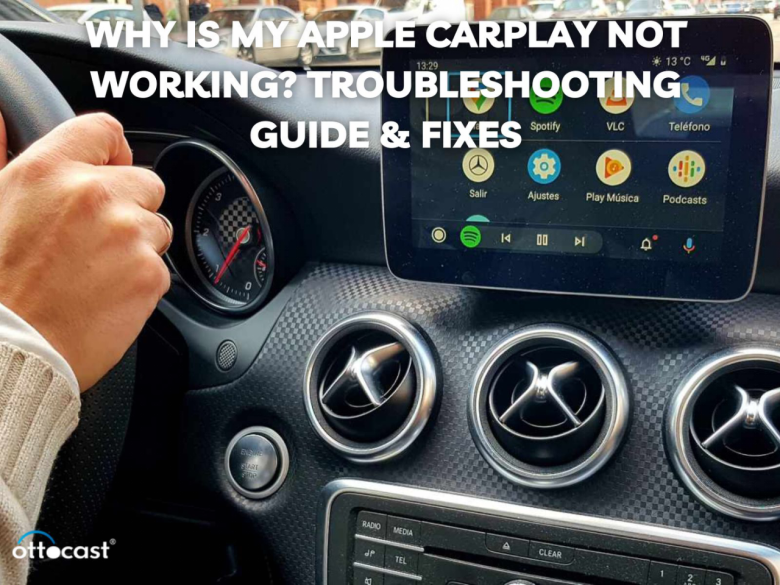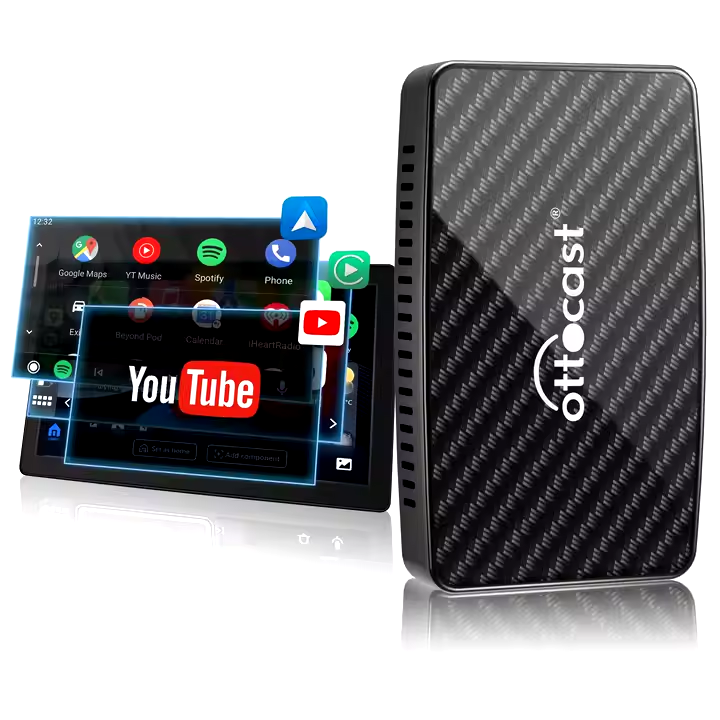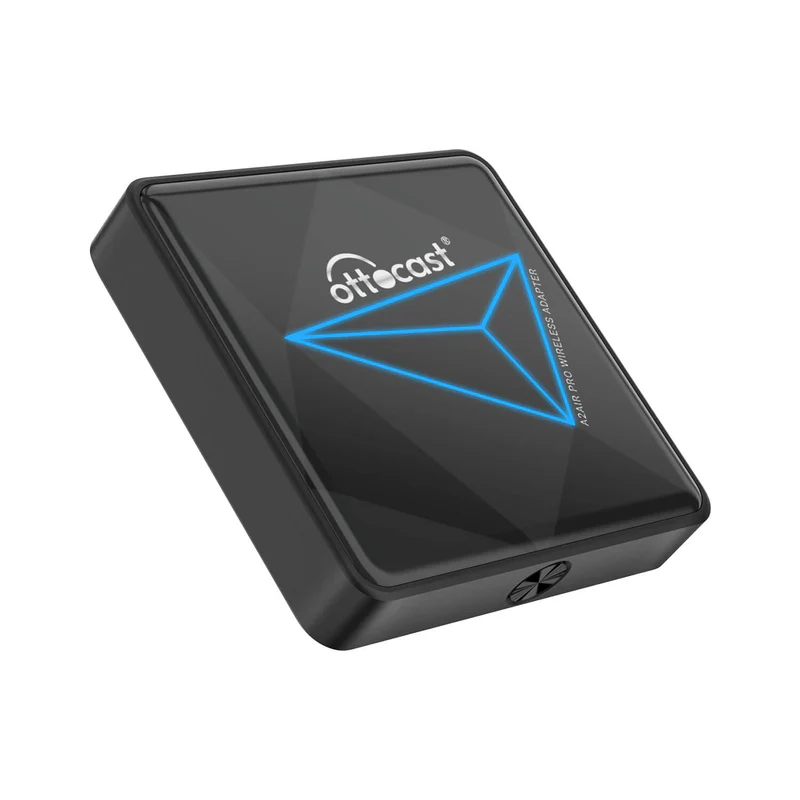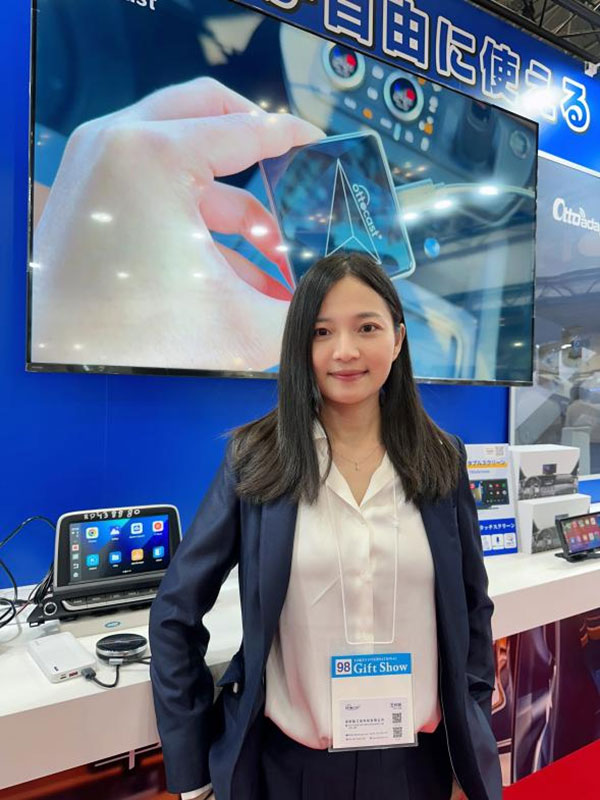
Android Auto connects a smartphone to a car’s infotainment system, providing drivers with access to calls, messages, navigation, and entertainment applications hands-free. Android Auto offers drivers hands-free calling, messaging replies, as well as music control, keeping their hands on the steering wheel. Connectivity makes it easier to multitask when driving.
One feature is the sharing of call information between devices to enable the user to view recent calls and notifications across the smartphone and the infotainment system. This improves convenience as all call logs and notifications can be readily available during driving. The knowledge of how Android Auto call info is shared between devices also plays a great role in managing this feature. These Google accounts also synchronize data across devices, ensuring seamless integration with any Android Auto.
However, this connectivity does raise a privacy issue, especially if several individuals use the same vehicle. The need to balance convenience with privacy concerns is key for an Android Auto user. Keeping up with the settings and permissions of Android Auto will keep users in control of their data even as they optimize their experience. A person learns how to let call information be shared across devices selectively to ensure functionality and to ensure privacy.
How Call Info is Shared
Through real-time synchronizations, Android Auto, a smartphone, and car infotainment systems share call information. Android Auto uses either Bluetooth or USB to link your smartphone to the car’s display once connected and offers hands-free calling with call log histories. This setup provides the drivers with all call notifications, answers incoming calls, or redial numbers all from a single platform without necessarily interacting with your phones.
Call sharing is illustrated by looking up recent calls on the infotainment screen or receiving notifications on the car display and also on your smartphone. The audio output is through the car’s speakers and hands-free calling using the vehicle’s microphone. Synchronizing with a Google account is critical because it would ensure the consistency of the call history across devices under the same account.
Seamless sharing is very convenient but needs to be set up carefully so that privacy is maintained. For that, users need to know how Android Auto shares call information between devices and manage which details are to be displayed. Users will be able to customize the settings and permissions of Android Auto to tailor their experience, such as allowing call information only when needed. It is therefore an important aspect of safe and responsible Android Auto calling features usage.
Privacy Concerns
While the cross-device information sharing of calls is helpful, it does have many major privacy implications. The infotainment screen on the car may be configured to display shared call logs to other passengers, thereby risking confidential details if the information involved is private or sensitive. For instance, if a car is shared between different people, the call data related to one person’s Google account might be available to everybody else.
This would inadvertently expose private information. Connected devices or shared accounts increase further the chances of data breaches or misuse. In cases where paired devices are not checked regularly, illegal access may be made especially in car rentals or shared vehicles. Understanding how Android Auto shared call info among devices minimizes such risks.
Users need to manage their permissions properly by customizing Android Auto settings or limiting the linking of accounts. All unwanted notifications should be disabled, paired devices must be cleared, and guest modes need to be enabled on infotainment systems to ensure more privacy. Updating Android Auto’s security feature and checking app permissions will guarantee that all sensitive information is protected. The risk recognition allows for a good balance between shared call information and robust privacy controls.
How to Manage Call Information Sharing
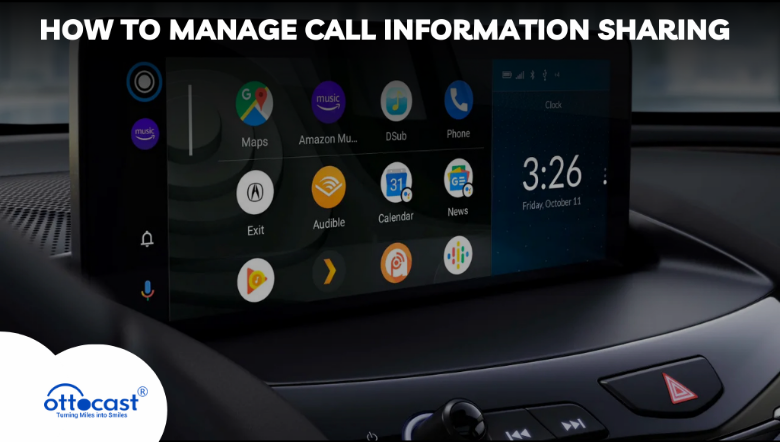
Users need to customize settings and permissions to zero in on privacy to effectively manage the sharing of Android Auto call information between devices. To do this, users first open the Android Auto app settings on their smartphone. In those settings, they can toggle off call notifications or restrict access to call logs that appear on the car’s infotainment system.
This way, only relevant information is communicated during your driving experience, which helps in keeping it discreet. For further customization, go to the system settings of your phone and check the app permissions for Android Auto. Limit the permissions granted to the app access of call logs if such a feature is not necessary to you. This will limit the unnecessary data from getting synced or displayed on devices that are connected. Manage Paired Devices.
The infotainment system should be paired device managing; remove old pairings of devices and unused pairings that were once made, mainly when sharing a car or car for rental purposes. Unpaired those that allow unwanted persons access to your call data. The vehicle infotainment system also comes with a guest mode feature whenever you are sharing your car.
This feature ensures you keep personal data, such as call logs and notifications, private during shared usage of the vehicle. Lastly, unlinking shared Google accounts from Android Auto provides you with an added layer of privacy since it only uses your account information. All these proactive steps ensure you can better manage call information sharing on Android Auto for convenience, security, and privacy.
Enhancing Call Sharing with Android Auto Adapter
The A2Air Pro Wireless Android Auto Adapter is a cutting-edge solution designed to elevate your Android Auto experience. Being a new-generation device, it has a performance boost of 20%, ensuring a faster, more seamless connection for your car’s infotainment system.
Key Features
No More Cords: Transition from wired to wireless Android Auto with its advanced Bluetooth and Wi-Fi integration.
Seamless Play: With optimized connectivity, you get to enjoy a stable and uninterrupted Android Auto experience for call sharing, navigation, and media streaming.
Instant Connection: The adapter instantly connects to your smartphone each time you start your car, providing a hassle-free experience.
Free and Seamless Updates: Stay up-to-date with regular software updates that keep you compatible with the latest Android Auto features and devices.
With the A2Air Pro, you can wirelessly connect your car with its existing Android Auto setup and enjoy drives that are far better and cord-free.
Please visit – A2Air Pro Wireless Android Auto Adapter
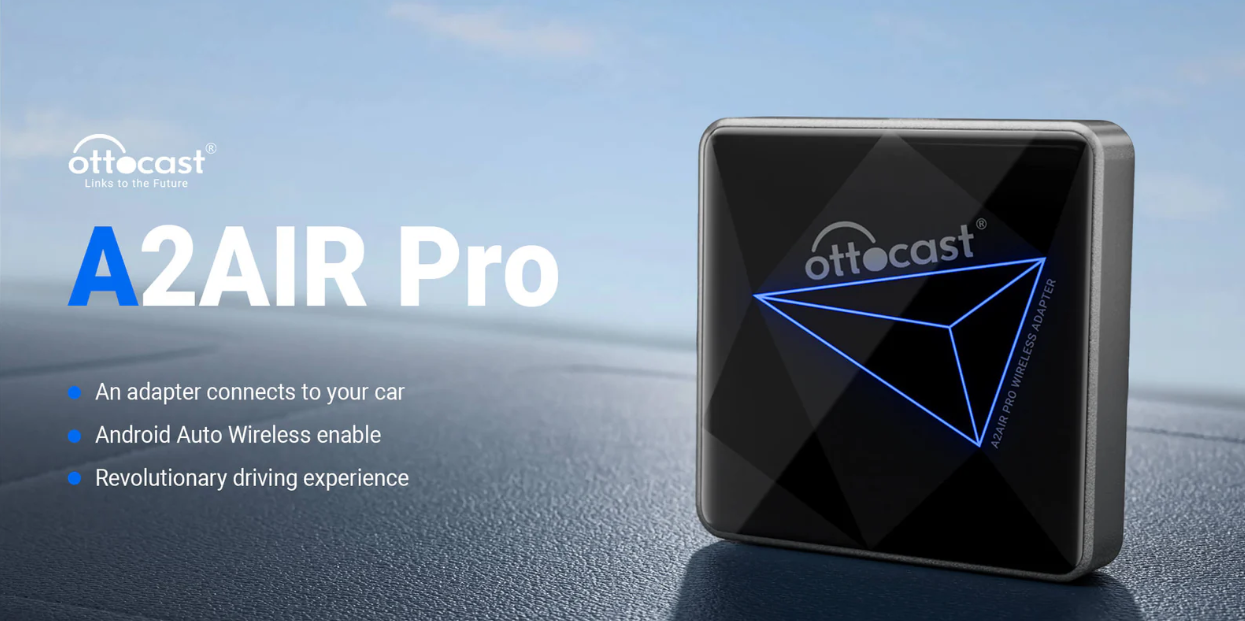
Tips for Maintaining Privacy
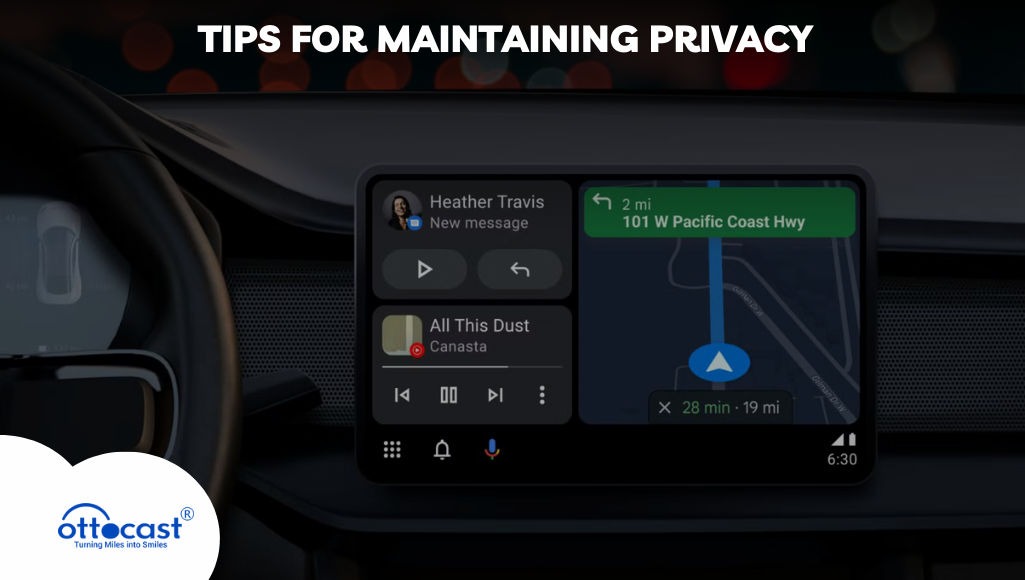
Maintaining privacy in Android Auto calls is only possible by making efforts to protect personal data and avoid exposing unnecessary data. The first step is to enable “Do Not Disturb” mode during your driving sessions. This mode will minimize distractions in that most of the notifications are silenced while still allowing critical calls.
This promotes more concentration on the road, without other occupants of the vehicle viewing unnecessary notifications on the infotainment screen. Never share a Google account used to connect Android Auto to your vehicle, especially for people who share the car with other family members. This also enables synchronization of call logs and other notifications of the devices. The result could be a sharing of the personal data of all the users. Dedicated to Android Auto Use or guest mode on the infotainment system.
It would keep private call information, and then there is an important one: reviewing and updating the infotainment system firmware of your car as well as the Android Auto app regularly. It usually includes updates with the latest security patches as well as privacy enhancements regarding vulnerabilities that can compromise your data.
Take time to view the privacy settings on your Android Auto on your smartphone. From there, you can change the app permissions to not access your call logs or any of your sensitive notifications. You are still in control of how your information about calls is shared on other devices. These protect your privacy but also upgrade the entire Android Auto calling experience so that you have a smooth and safe driving experience.
Troubleshooting Common Issues
Even with the best of configurations, Android Auto call information sharing may have issues. Call logs failing to sync well between your smartphone and infotainment system can usually be sorted by restarting your phone and reconnecting to Android Auto. It will re-establish the connection, and the call data will be synced accordingly. Recurring call notifications still pop up even after trying to get them to stop popping up after disabling them within the app’s settings.
Reset the app on your mobile phone to clear out the cache and data to reset the application to default, which does away with any glitches. Clearing the application restores everything, allowing the correct preferences to be applied and re-configuring the app again. If the contact information is still visible on the car’s infotainment system for multiple users to see, then reset the car’s infotainment system to factory settings.
This would eliminate all devices that had previously been connected to it and any residual data so that when trying to reconnect your phone, it has a clean slate. Understanding what to do if some common problems relating to call features in Android Auto happen ensures that there is smooth functionality without losing any data. All of these solutions address the frequent problems that would prevent a stable and personalized Android Auto experience while safeguarding your privacy.
Future Outlook
Google continues to improve Android Auto with frequent updates that enhance functionality and strengthen privacy controls. More granular permissions for sharing call logs will likely become available shortly, so users can precisely decide what information is shared and with whom. Tailored settings for individual profiles in improved multi-user management options may also ensure privacy in shared vehicles.
Connected car technology is supposed to introduce AI-driven privacy tools. This would allow users to effectively control data-sharing preferences much better. These could be so designed to automatically configure privacy settings, such as automatically activating controls to be stricter if the user has detected devices on the network. Android Auto calls might also get real-time security updates and smarter sync to maintain across-device communication while remaining seamless but secure.
Emerging trends in vehicle connectivity would lead to a future in which users have total control over the information they choose to share, such as call data, between devices. With the advancement of technology, Android Auto will become more solid in its convenience and security. Awareness of these developments can be crucial in unlocking the potential of the platform with minimal exposure to personal data. With this, the future holds a balanced approach toward strengthened privacy and improved usability in the Android Auto system.

